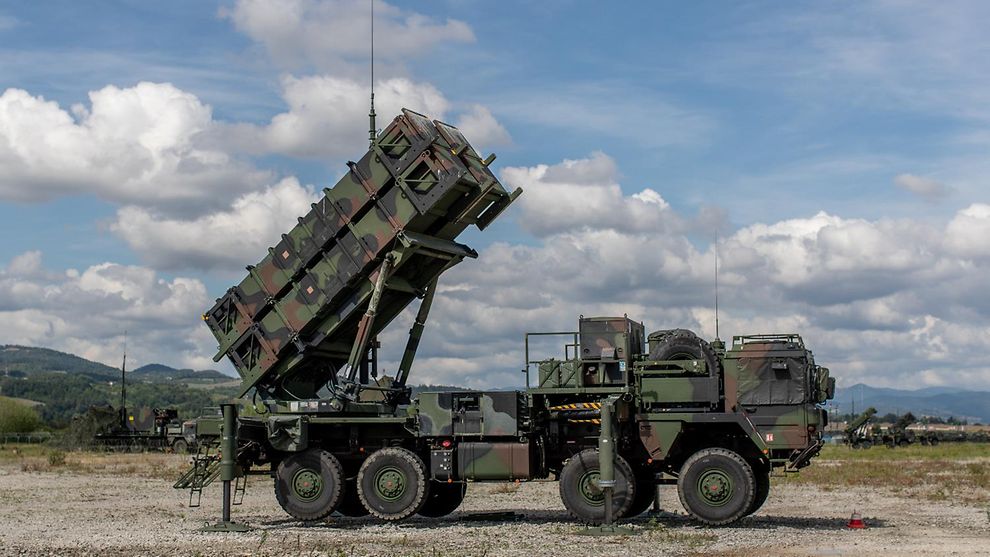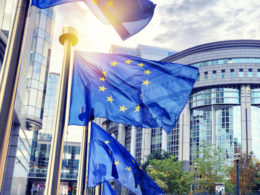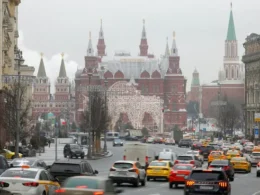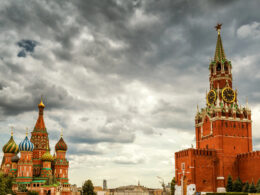If the US halts military aid to Ukraine, Europe will only be able to partially compensate for the shortfall, according to the military analysis by Defense Express.
On 17 February, US President Donald Trump signaled openness to allowing European countries to purchase US-made weapons for Ukraine. The potential shift in policy comes as Trump’s administration seeks to broker an end to the war, while reducing direct US military support. The US was a primary provider of military aid to Ukraine during previous Joe Biden’s administration, approving tens of billions in direct security assistance.
The experts note that over 30% of the weaponry used by Ukraine’s Defense Forces comes from the US. For instance, spare parts and ammunition for Bradley IFVs can only be supplied by the America.
"Moreover, some things simply cannot be replaced. For example, missiles for Patriot air defense systems can only come from the US since Europe has not produced them yet. There's also no alternative supplier for NASAMS missiles, which are tied to F-16s because they rely on AIM-9 and AIM-120 missiles. Europe does not produce rockets for HIMARS at all," the report says.
Other supplies can only be partially covered by Europe, such as 155mm artillery shells, with Ukraine needing at least one million per year. Additionally, Europe does not produce cluster munitions, which have proven to be highly effective.
While Europe’s defense industry appears well-established, analysts emphasize that it heavily depends on American components, particularly for armored vehicles and aviation.
Thus, if the US presents an ultimatum—either Europe purchases weapons for Ukraine or deliveries stop—European nations will have very limited room to maneuver, the experts conclude.
Related:
- Trump’s Ukraine peace ambitions shatters against Putin’s total victory obsession
- Military bases now key focus as Ukraine’s deep-strike drone strike strategy shifts
- How Daily Mail amplified Russian propaganda and even managed to lie more
- Why Ukraine can’t just “make peace”: top historian explains what the West gets wrong about peace with Russia





